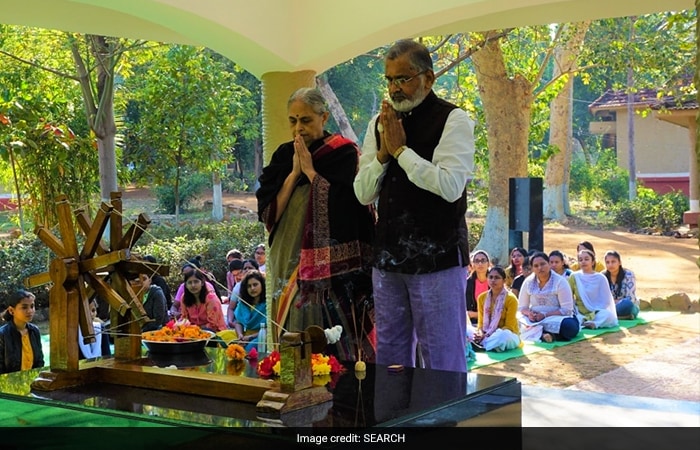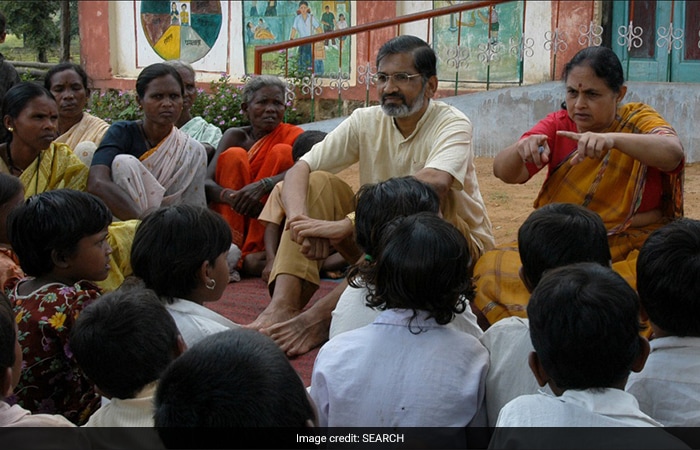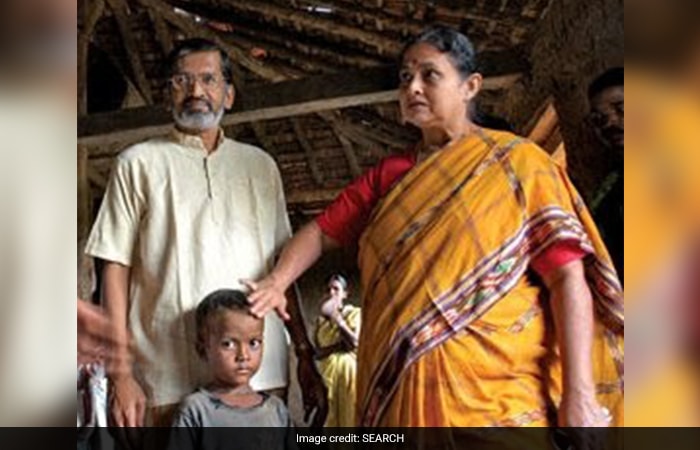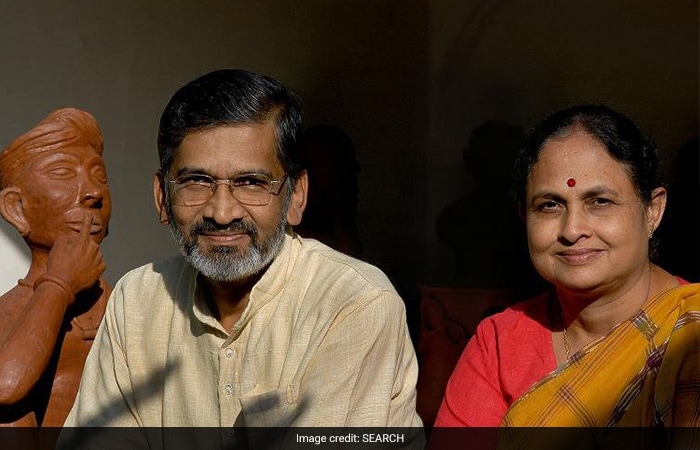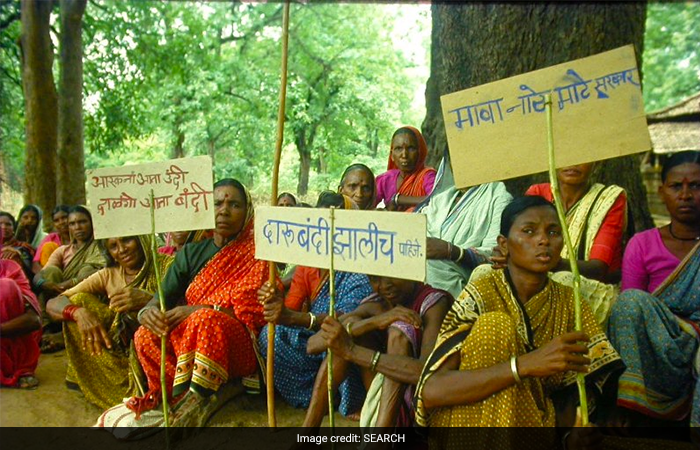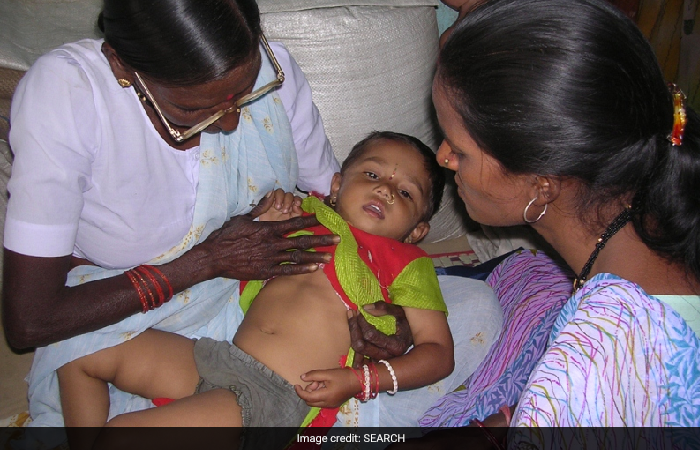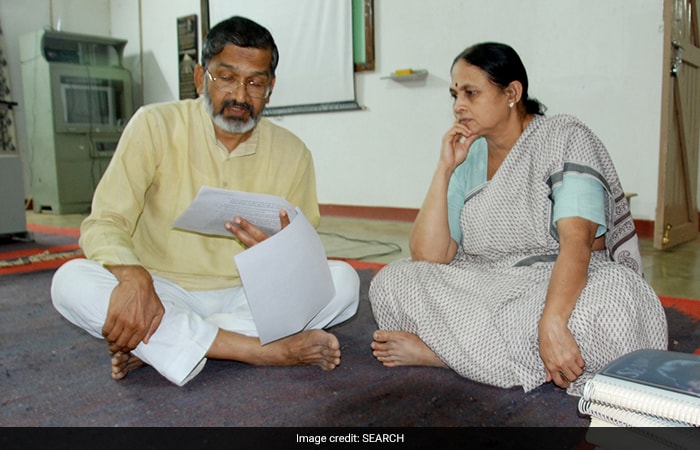Meet Dr Rani Bang And Dr Abhay Bang, Pioneers Of Maternal And Child Health Among Tribal Communities
Meet Dr. Rani Bang and Dr. Abhay Bang, who are known for their work in providing healthcare in the tribal belt of Gadchiroli, Maharashtra and for transforming the way India tackles high infant mortality and reproductive health in rural areas
-
In 1986, Dr Rani Bang and Dr Abhay Bang decided to return to India after completing their master's degree in public health in the USA at Johns Hopkins University. The couple, who could have gone to practise medicine anywhere in the world, chose to work in the rural and tribal belt of Gadchiroli, Maharashtra which is one of the most impoverished districts of India.
-
According to Dr Abhay Bang, ‘The biggest challenge was how to provide child and neonate care in rural areas. Gadchiroli had only a few doctors at that time, and even among them, nobody was serving in the rural areas. So, we thought a literate man and woman in the village will be the best solution. We called them ‘Aarogya Doot' (messengers of health). We selected one man and one woman from each village and trained them in taking care of a sick child by examining, diagnosing and if it is Pneumonia then giving oral antibiotics'
-
In order to be responsive to the cultural sensitivities of the area, and to create a tribal friendly space that wasn't intimidating, the Bangs' clinic, set up in 1993, was modelled on a typical tribal home. Their Shodhgram campus not only houses the Ma Danteshwari Hospital, but also a temple for Ma Danteshwari who is a tribal deity.
-
To understand how women felt themselves, Dr Rani bang talked to several women from different villages in the district, Dr Rani Bang said that she found in her study, published in The Lancet in January 1989, that 92 per cent of the women suffered from some or the other gynaecological or sexual disease and only 8 per cent had received treatment of any kind

